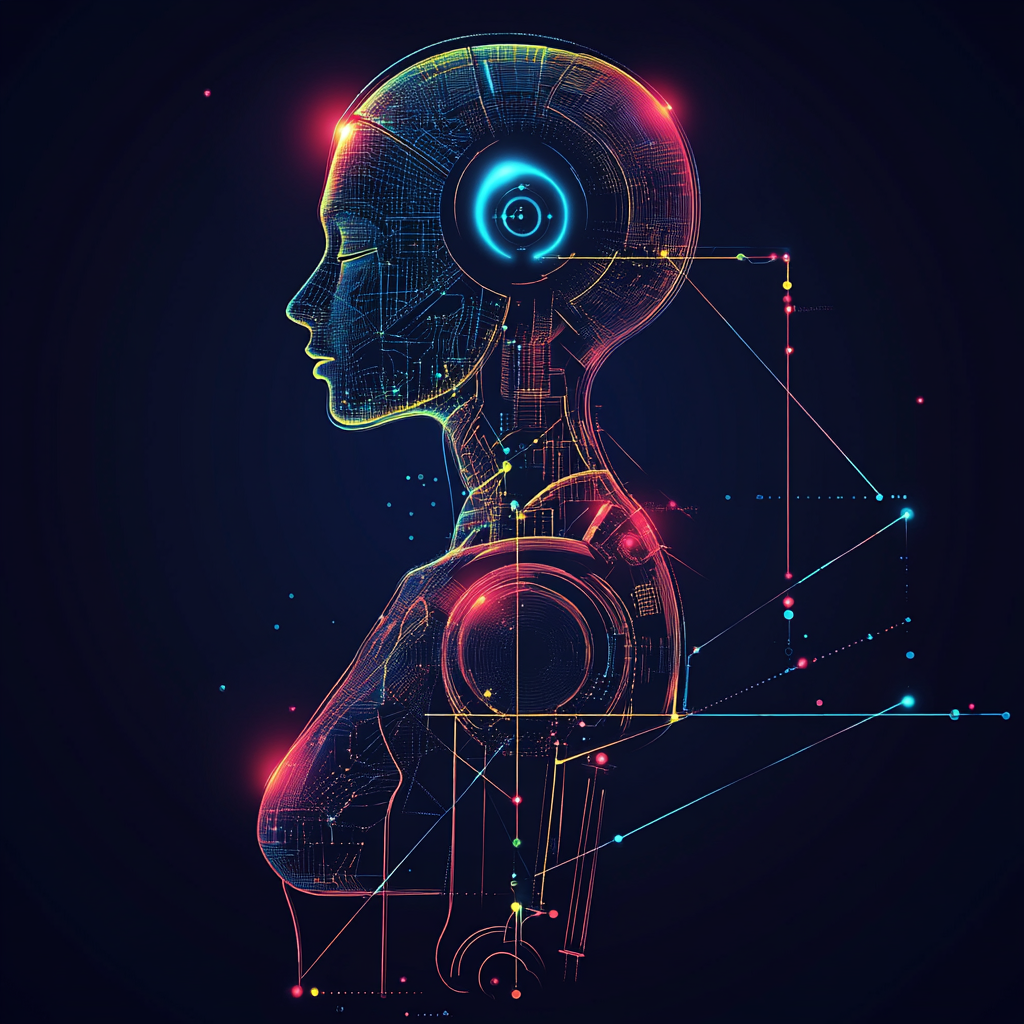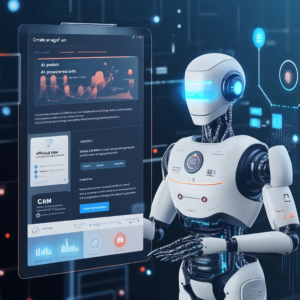
Revolutionizing Workers’ Compensation: AI and Machine Learning Transform Claims Management and Decision-Making
Artificial Intelligence: The Game Changer in Workers' Compensation
When you think about Artificial Intelligence (AI) and Machine Learning (ML), visions of futuristic gizmos and robotic overlords might leap to mind. But don't let Hollywood fool you—the real revolution is happening right now in the world of workers' compensation. These technologies are reshaping how claims are managed, bringing efficiency and accuracy, giving even the most seasoned adjusters a run for their money. So, grab your favorite beverage and settle in as we unpack this transformative force that'll have you wondering how we ever survived without it!
Let's talk organization, shall we? Think about the mountains of data swirling around an insurance company. Employee details, injury specifics, medical records—you name it. With AI, managing this massive info dump becomes child's play. Instead of drowning in spreadsheets or juggling endless folders, claims professionals can now rely on sophisticated software that organizes everything with a Sherlock Holmes-like precision. The result? A streamlined process where no important detail gets lost amidst the paperwork. Those pesky late-night panic attacks about overlooked claims? Gone in a whiff!
And if you’re thinking it stops at just organizing data, think again. Predictive coding is the new superhero in the legal world. The discovery phase—often more tedious than watching paint dry—is getting a serious upgrade. By efficiently organizing and prioritizing data, AI cuts down the time and costs typically associated with gathering evidence. Lawyers can wave goodbye to the nuisance of sifting through mountains of documents and focus on what they do best: engaging with clients and crafting that winning strategy. It’s like switching from an old, rusty bicycle to a sports car—buckle up!
Now let’s dive into the chatbots, those glorious digital assistants that are changing client interactions as we know them. Imagine a scenario where an injured worker has questions but can’t reach their attorney. Enter the chatbot, fresh and ready to assist! These virtual helpers are becoming increasingly adept at fielding questions, starting the claims process, or even taking spoken inquiries and transcribing them in real-time. So, not only do they save you from awkward silences, but with every interaction, they gather detailed insights into the client’s needs, ensuring the attorney has all the rich context to provide top-notch representation. It’s like having a personal assistant who never gets tired of your questions!
On the flip side, quick question: wouldn’t you love to know the likely outcome of your case? Sounds like magic, right? Well, AI can do just that. By analyzing historical data and digging through past case files, AI can offer evidence-based recommendations on whether to settle a case or march into the courtroom bravely. No more last-minute decisions based on gut feelings alone; it's about informed choices, lending a sense of confidence that both attorneys and clients can greatly appreciate.
But the magic of AI doesn’t stop there. Fraud detection is often akin to finding a needle in a haystack, but with the help of Machine Learning, spotting fraudulent claims is like having an eagle-eyed companion by your side. With technologies such as IoT and VR, AI empowers claims processing, allowing for quicker, more reliable decision-making. It's as if your data suddenly transformed into a superhero cape, swooping in to detect frauds you didn’t even see coming!
Now, let’s not forget the fabulous stakeholders in this scenario. Physicians find newfound benefits as AI introduces standardization into physical exams and diagnoses. It gently nudges healthcare providers for missing details while curing their confusion over causation determinations, kind of like a divine assistant whispering next to them. Who wouldn’t want a sidekick considering both legal standards and past courtroom outcomes while they make decisions?
Meanwhile, adjusters become the supercomputers themselves, forecasting the near-term and future impacts of claimants’ choices. Yes, if an injured worker decides to opt for surgery instead of conservative treatment, AI runs various scenarios, considering comorbidities that may influence claim costs. It's a bit like playing chess with your future—only this time, you actually have a winning strategy.
And let’s cast our gaze on the legal professionals—the attorneys and judges in this grand saga. They now get to play with AI tools during depositions, with clear, pointed interview questions that cut through the nonsense and get right to the crux. Meanwhile, judges? They're never left flipping through endless books of case law again; they now have AI tools at their disposal that sift through applicable laws faster than your average college student during exam week!
Of course, no shiny new toy comes without its set of challenges—like navigating the murky waters of data quality. Yes, your AI decisions rely on the accuracy of the data fed to them, so high-quality input is essential. And let's not forget about the workforce. Training employees to embrace and adapt to new AI processes isn’t just important; it's critical. Let’s be real—no one wants to be that one person in the meeting who still thinks DVDs are the latest in technology!
And let’s also take a moment to ponder the ethical considerations here. With efficiency creeping into our workspaces, how do we balance speed with good old human virtues? Fairness, transparency, and empathy—the holy trinity of ethics—must be front and center to avoid leaving any disappointed souls in the wake of automated processes.
Now, as we gaze into the crystal ball of the future, it’s clear that AI is set to take center stage in workers' compensation. Expect to see dynamic pricing where machine learning models will make policy pricing more accurate by considering a myriad of risk-influencing variables. Imagine being able to automate the underwriting process to higher efficiency, where algorithms evaluate risks with the grace of a seasoned professional. And let's not discount the importance of real-time alerts—no more reacting to data after the fact. AI will keep claims teams primed for action with head-ups about changes in claim scenarios as they happen.
To wrap this up, the integration of AI and ML in the workers' compensation realm is not just a passing trend—it's a groundbreaking shift that heightens efficiency, accuracy, and outcomes. Yet, the key lies in addressing challenges and weaving in ethical considerations for a system that works for everyone involved.
Want to stay up to date with the latest news on neural networks and automation? Subscribe to our Telegram channel: @ethicadvizor!

